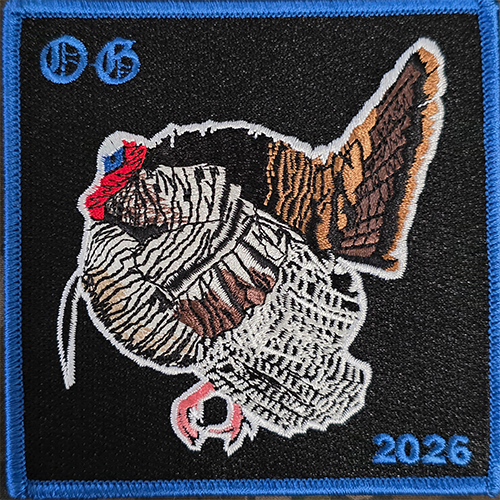Be anxious for nothing, but in everything by prayer and supplication, with thanksgiving, let your requests be made known to God. (Philippians 4:6)
It is not an issue of whether hardship will come into our lives; it is an issue of what we will do when it actually does. Our natural inclination is to freak out, to stress out, and to worry. But that doesn't help—it actually makes it worse. So what should we do instead? We need to pray.
We all have what could be described as a natural reflex. A natural reflex is just what we do. We don't have to teach a child a reflex. If a child touches something hot, he will recoil. He doesn't leave his hand there, but will pull it back. That is a natural reflex.
But then there is a conditioned reflex, and we learn this through time. We learn how to do certain things. When you learn to drive, for instance, it is not easy at first. You are conscious of everything you are doing. But after awhile, it gets easier. And before you know it, your driving has become a series of conditioned reflexes.
In the same way, we need to develop a conditioned reflex when it comes to hardship in our lives. In times of trouble, some turn to other people. There is a place for that, but ultimately, people cannot meet all our needs. No one will be able to do that for us. Others turn to alcohol. But that only creates new problems. Others tune out and pretend that bad things aren't really happening.
What we need to do is turn to God. We need to take those circumstances and put them into God's hands. As Philippians 4:6 tells us, "Be anxious for nothing, but in everything by prayer and supplication, with thanksgiving, let your requests be made known to God." The best antidote for worry is prayer.
Have a great week,
Jody















